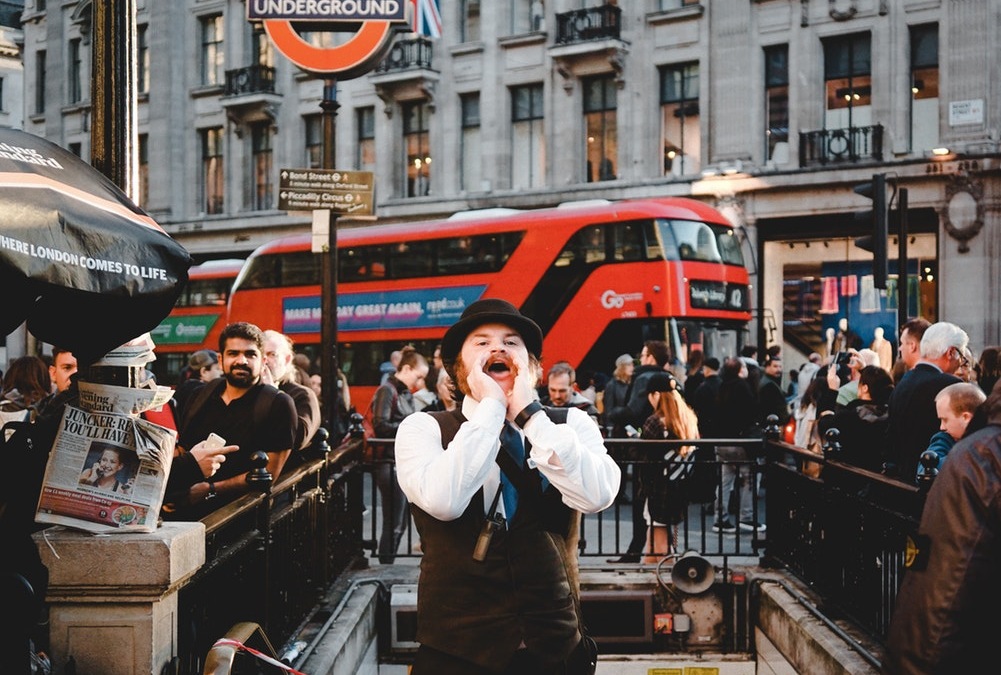I’ve noticed quite a number of my (otherwise linguistically competent) learners of English making the following (admittedly not very serious) mistake when translating the French word ‘après’. In fact, it’s not really a mistake as such, but another example of something which a native English speaker would probably not say. Here’s an example;
‘’I get up in the morning at 7.30am and then I have a shower, and after, I go downstairs and have my breakfast’’
‘So, what’s wrong with that?’, I hear you ask. Well, there’s nothing actually ‘wrong’ with it. It’s just that a native English speaker would probably say ‘’……and afterwards, I go downstairs and have my breakfast’’. The challenge is that whereas in French you would always use ‘après’ irrespective of whether it is a preposition, conjunction or an adverb, in English there is a subtle difference when deciding which function these words have in a sentence.
Here is how we usually apply ‘after’ and afterwards;
After as a preposition and conjunction
After means ‘later than’ and ‘next in time or place’.
After can be used before a noun phrase (as a preposition):
- Shall we go for a walk after breakfast? (On va se promener après le petit déjeuner ?)
- The park is just after the shops, on the left (Le parc est juste après les magasins, sur la gauche).
After can introduce a clause (as a conjunction):
- After I saw him, he vanished into the crowd (Après que je l’ai vu, il a disparu dans la foule).
- She worked abroad for a year after her studies (Elle a travaillé à l’étranger pendant un an après ses études).
After or afterwards as an adverb
We can use after as an adverb, but afterwards is more common. When after is used, it is usually as part of an adverb phrase. In other words, if you are not putting the word ‘après’ directly before a noun phrase or a place or time within a clause, but are introducing a separate clause or ending a clause, you would usually use ‘afterwards’.
- She had an operation on her arm and afterwards she was unable to play tennis for six months month (Elle a subi une opération au bras et après elle n’a pas pu jouer au tennis pendant six mois)
- I didn’t visit my aunt before I went to the shop, I visited her afterwards (Je n’ai pas rendu visite à ma tante avant d’aller au magasin, je lui ai rendu visite après).
- Afterwards, he wrote to her every week (Après, il lui a écrit chaque semaine).
I hope that’s clear after my explanation, but if it’s not, please don’t hesitate to send me a message afterwards.
So, if you have enjoyed reading this blog, please ‘like’ it and share it with your friends and colleagues, and if you know anyone who might be interested in my online one-to-one lessons, please do ask them to contact me to discuss how I can help them to excel in English.
Thank you,
Martin


Recent Comments